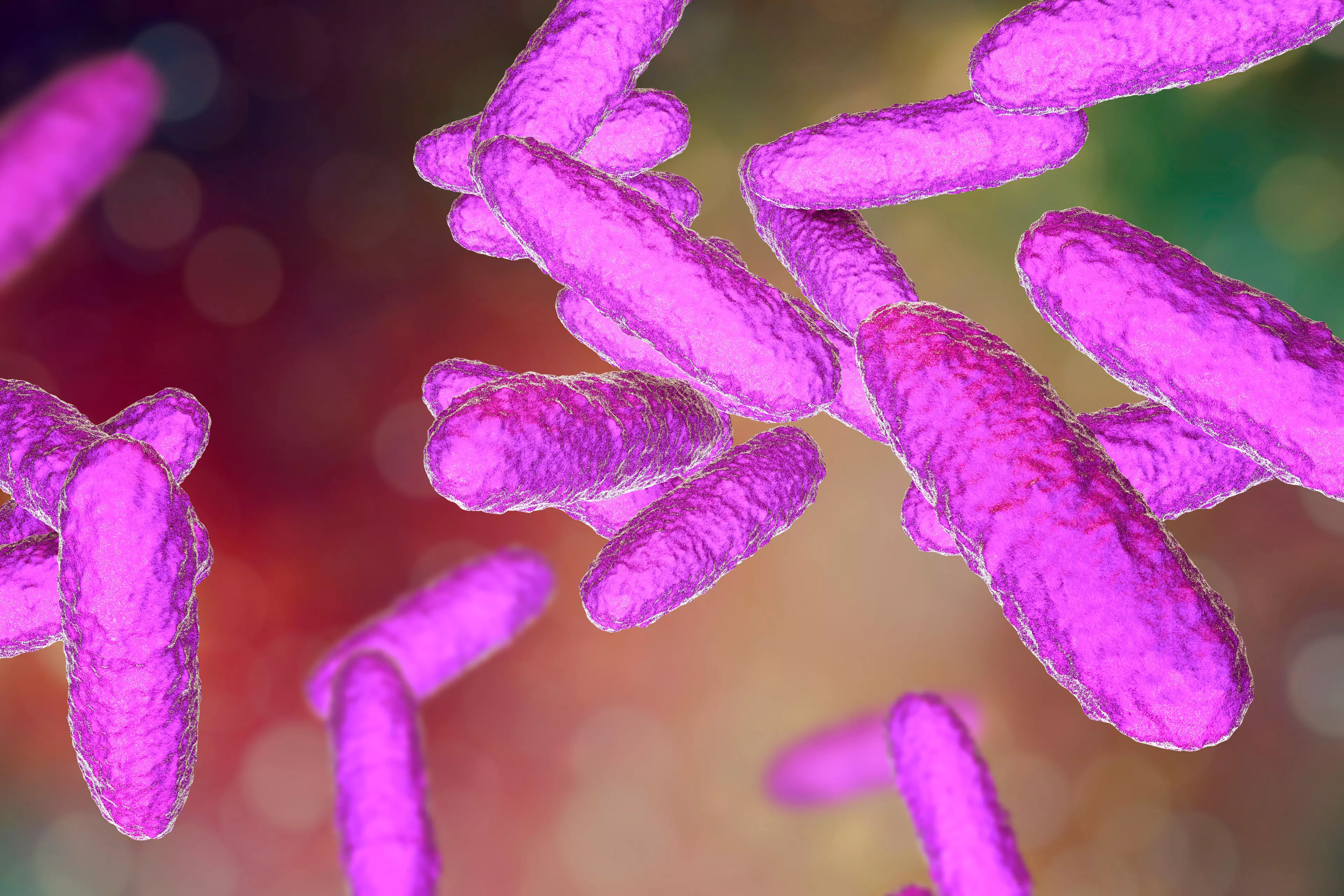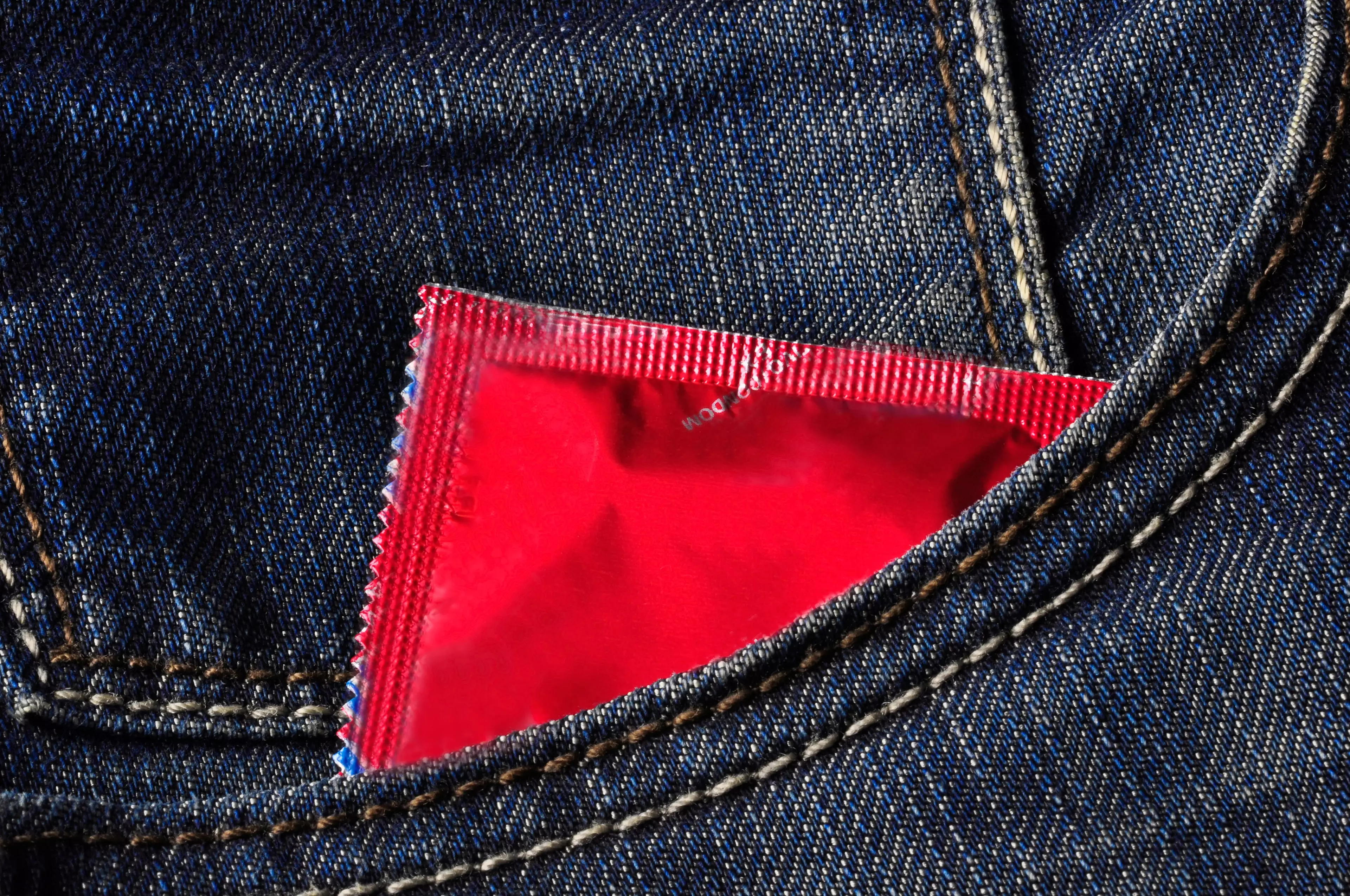
An infection dubbed the 'flesh-eating STI' is on the rise in the UK, an expert has warned.
Donovanosis is a rare STI commonly found in India, Papua, New Guinea, the Caribbean, central Australia, and southern Africa.
It was dubbed the 'flesh-eating STI' when a case was recorded in the UK.
Advert
However, the bacteria doesn't actually rot the flesh, but does cause painful ulcers in the genital reasons.
It can also lead to permanent scarring and swelling of the genitals.

Though cases are still extremely rare in the UK, they are on the rise.
Advert
Public Health England data shows that cases increased from 19 in 2016 to 30 in 2019.
Dr Shree Datta from London's MyHealthCare Clinic has issued a warning about the rise in cases.
She told the Sun: "These figures suggest that donovanosis - which was previously thought to be restricted to places including India, Brazil and New Guinea - is becoming more common on these shores.
"As well as the awful symptoms, it's important people are aware that it's a known risk factor for the transmission of HIV.
Advert
"The early signs are lumps around the genitals or anus that increase in size and take on a beefy-red appearance.
"These can develop into ulcers that, without treatment, can become infected, which can result in pain and an unpleasant smell. It's more likely to affect men."

According to Healthline, symptoms of donovanosis include widespread ulcers around the genital area and anus, bulging red lumps that grow in size, painful red bumps that bleed and grow back, damaged skin and loss of genital tissue colour.
Advert
Early treatment with antibiotics is essential for preventing complications.
The infection can take several months to clear up following treatment and could permanently damage the genital area, leading to inflammation, scarring and tissue discolouring.
Thankfully, using barrier methods of contraception such as condoms significantly lowers the risk of contracting donovanosis.
Dr Datta continued: "Using contraception significantly reduces the risk of contracting the disease, while it can be treated with antibiotics.
Advert
"But severe cases can lead to permanent scarring and damage to the genitals, as well as discolouration and even irreversible swelling, so this is definitely one to watch."
Featured Image Credit: Alamy